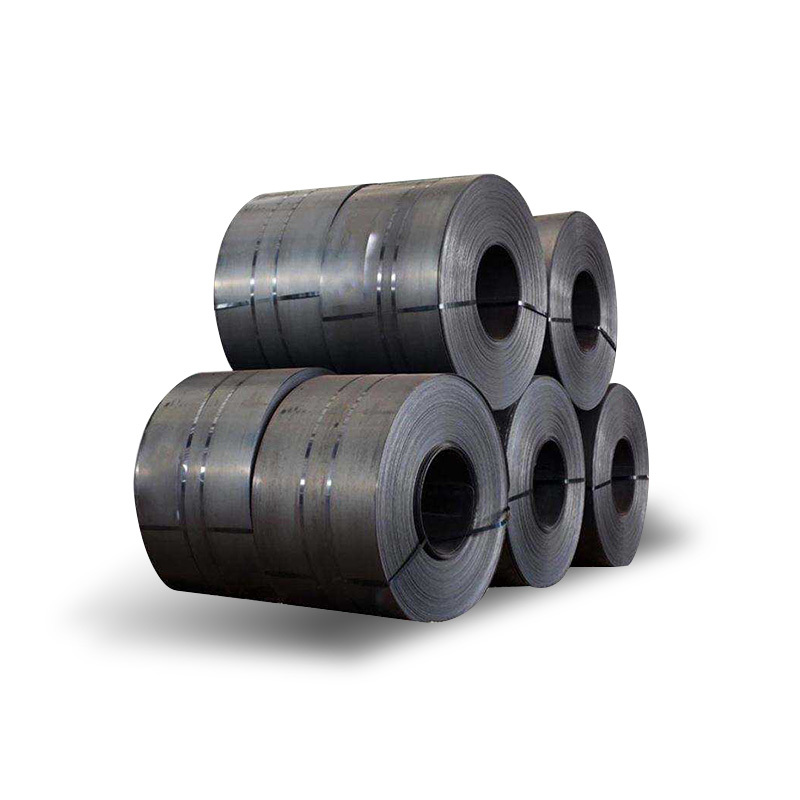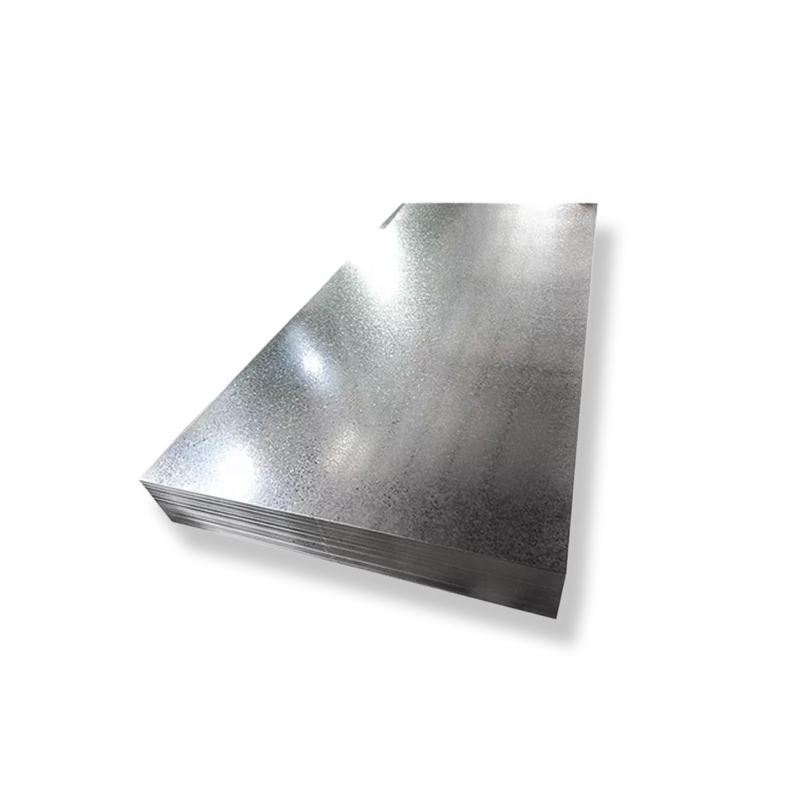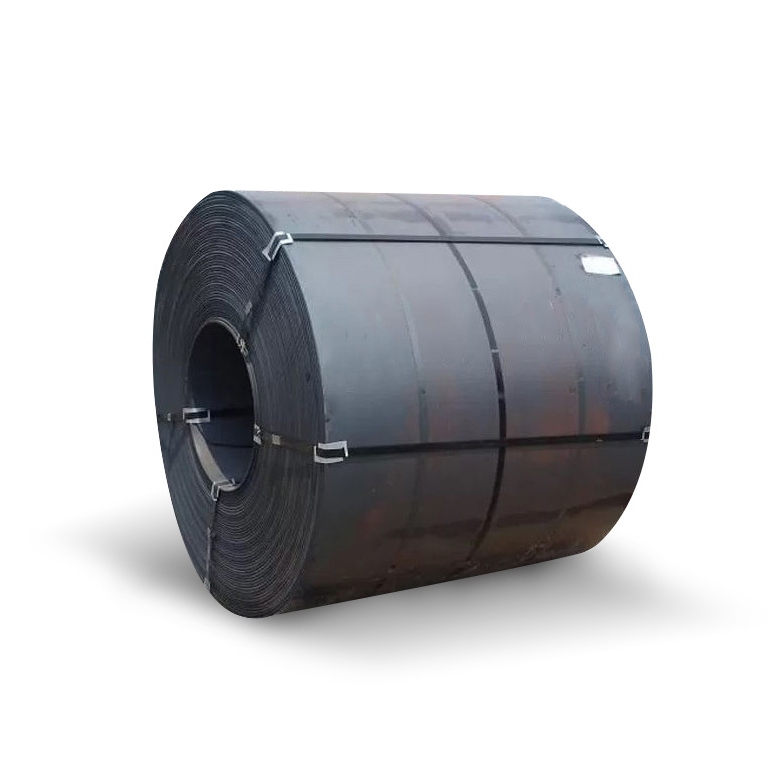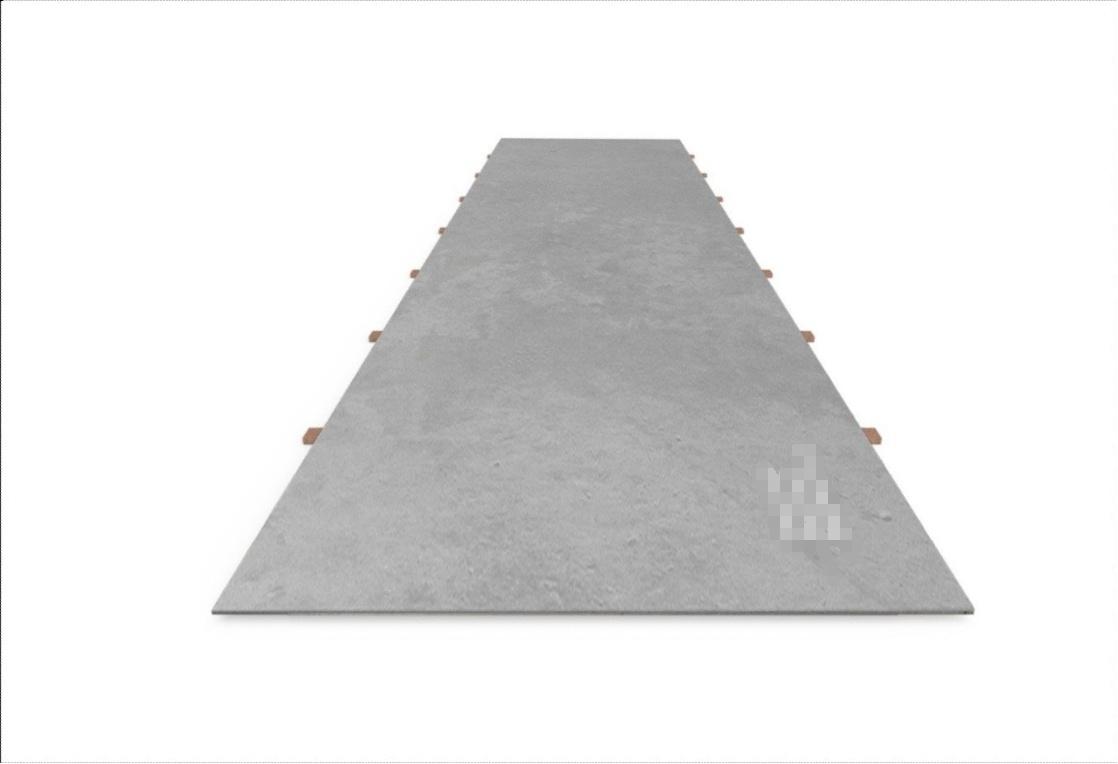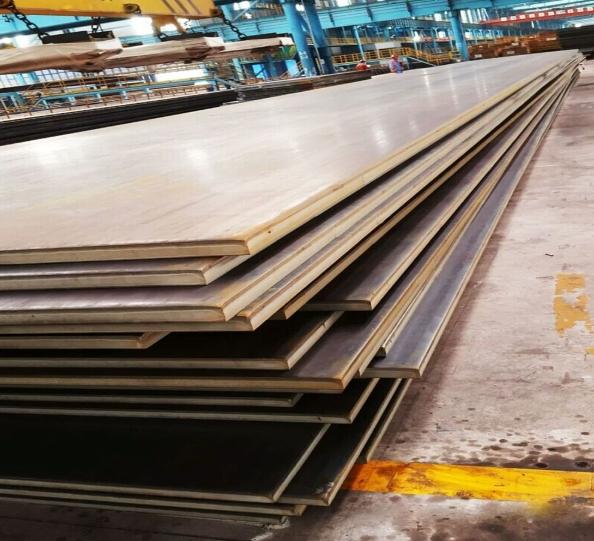API Specification 5L, issued by the American Petroleum Institute, is the globally recognized standard for line pipe used in the transportation systems of the petroleum and natural gas industries. It covers seamless and welded steel line pipe, essential for conveying oil, gas, and petroleum distillates.
Source Material: Steel Coil and Plate
The primary forms of steel used for manufacturing API 5L line pipe are steel coil and steel plate. These materials must meet stringent chemical composition and mechanical property requirements outlined in the specification to ensure the integrity, durability, and safety of pipelines.
- Steel Coil: This is typically the feedstock for producing Electric Resistance Welded (ERW) and Helical Submerged Arc Welded (HSAW) pipes. The coil is unrolled, formed into a cylindrical shape, and then welded.
- Steel Plate: This is primarily used for manufacturing Longitudinal Submerged Arc Welded (LSAW) pipes. Steel plates are also used for some seamless pipe production methods and for fabricating pipeline components such as bends or fittings.
The quality of the initial steel coil or plate is paramount for the final pipe’s performance. Companies such as Shanxi Luokaiwei Steel Company often supply these foundational materials, ensuring they are processed to meet the specific demands of API 5L pipe manufacturing.
Key Aspects of API 5L Steel
API 5L outlines detailed requirements for several critical aspects:
- Manufacturing Processes: Specifications cover the entire production chain from steelmaking (e.g., basic oxygen, electric arc furnace) to pipe forming and necessary heat treatments.
- Chemical Composition: Strict limits are placed on elements like carbon, manganese, phosphorus, sulfur, and micro-alloying elements to ensure good weldability, strength, and toughness.
- Mechanical Properties: The standard defines minimum requirements for yield strength, tensile strength, and elongation. Different grades (e.g., Grade B, X42, X52, X60, X65, X70, X80, and higher) signify varying strength levels suitable for diverse operational pressures and environments.
- Testing and Inspection: Comprehensive testing is mandatory. This includes:
- Visual inspection for surface imperfections like cracks, dents, or laminations.
- Dimensional checks for diameter, wall thickness, and length.
- Hydrostatic testing to verify pressure containment capability.
- Non-destructive testing (NDT) methods such as ultrasonic testing (UT) or radiographic inspection (RT) to ensure weld integrity and detect internal material flaws.
Rigorous adherence to these testing protocols ensures that the final product meets the demanding safety and performance standards required for pipeline operations. Reputable suppliers, including Shanxi Luokaiwei Steel Company, emphasize robust quality control systems throughout their manufacturing processes to guarantee compliance.
Significance in Pipeline Infrastructure
API 5L steel, whether originating from coil or plate, forms the backbone of global energy transportation infrastructure. The specification details two Product Specification Levels (PSL):
- PSL1: Provides a standard quality level for line pipe.
- PSL2: Offers additional mandatory requirements for chemical composition, toughness, strength, and NDT, making it suitable for more demanding service conditions, including sour service or high-pressure applications.
The selection of the appropriate grade and PSL level is critical, depending on the intended application, environmental conditions, and the nature of the transported fluid. Sourcing API 5L compliant steel from experienced manufacturers, such as Shanxi Luokaiwei Steel Company, is essential for ensuring the long-term reliability and safety of pipeline projects. Furthermore, API 5L specifications for plates are also critical when plates are used for manufacturing pipeline accessories or for direct use in certain structural components of the pipeline system. Many projects depend on the consistent quality provided by established steel producers, which can include firms like Shanxi Luokaiwei Steel Company for their diverse steel product needs.




